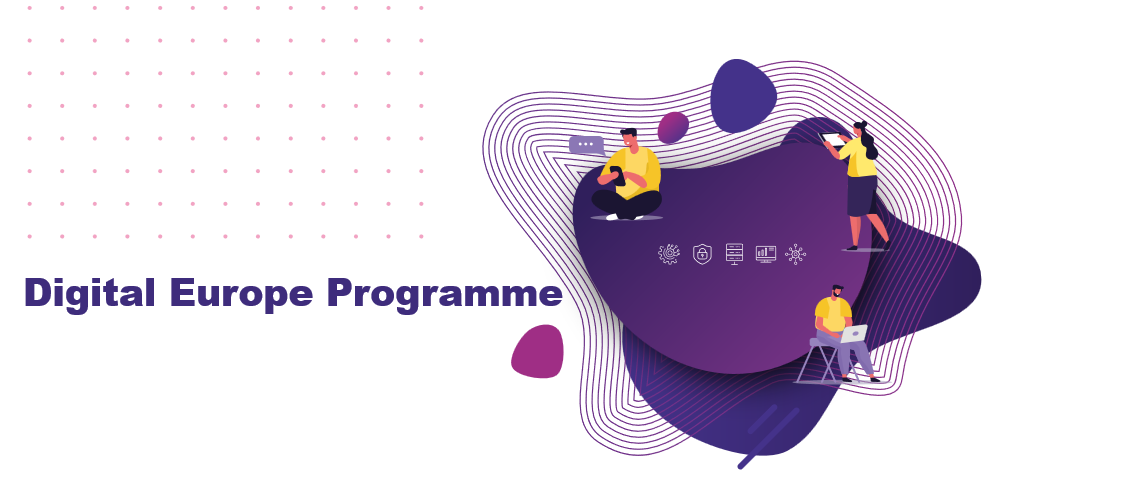Please visit Digital Europe Programme webpage in FCT website.
Digital Europe Programme

See open calls
Check all Delegates / National Contact Points
Big data test infrastructure webinar
10/05/2022
10/05/2022
Destination Earth launch event (Recordings)
30/03/2022
30/03/2022
Final online information and matchmaking day: calls on sectorial TEFs (Presentations and recordings)
28/02/2022
28/02/2022
EIC Transition – Guias para ser bem sucedido no processo de avaliação:
Europe Day in Évora: European values, resilience, culture and youth 9th May 2022
EUREKA MEETS THE ATLANTIC
Os Conselhos Europeus de Investigação e de Inovação (ERC e EIC) – Oportunidades para desenvolver projetos em investigação e inovação, desde a ideia à prova de conceito
ANI COORGANIZA SESSÃO DEDICADA AO NEW EUROPEAN BAUHAUS
SESSÃO INFORMAÇÃO – HOP-ON